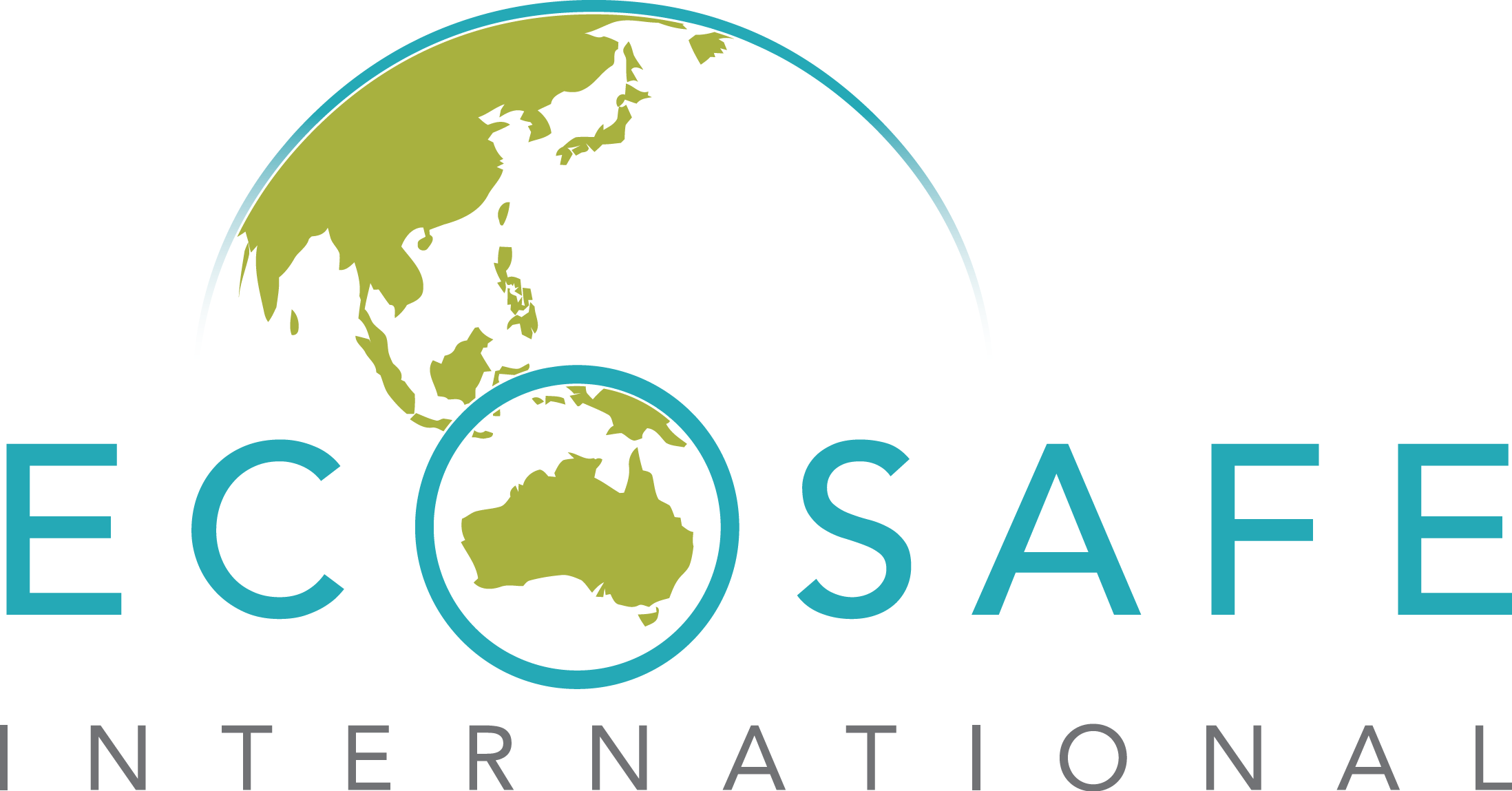Water Quality Awareness Training Overview:
Adequate awareness, training and the provision of relevant information to all individuals involved within the management and maintenance of water systems is recognised as part of the required ‘duty of care’ responsibilities central to the WA Occupational Health and Safety Act 1984. The recently enacted Part 3 of the WA Public Health Act 2016 (enacted from September 2017 as part of Stage 4 of the implementation timeline) provides the clearest expectation to date regarding our “general public health duty”, of which training and awareness for those working on drinking water systems forms a crucial role.
In accordance with the Australian Drinking Water Guidelines (ADWG 2011 Version 3.5 Element 7 – Employee Awareness and Training), there is an expectation that a water quality awareness program is implemented to encourage employees to communicate and think critically about the operational aspects of their work in relation to management of water quality.
Based on our experience in dealing with self-managed water suppliers (such as mine sites) and self-managed water systems in complex buildings (such as hospitals) one of the biggest gaps and significant risks we see is in the area of training and awareness and the addressing of the associated duty of care to ensure personnel are appropriately trained and competent in managing water distribution systems.
In many instances, excellent water quality is being supplied by trained operators from a sophisticated and effective treatment plant, but from there the water quality deteriorates to an extent where amoeba and legionella detections are common in the distribution system. This is typically the area of responsibility of site services / facility or engineering managers / mining infrastructure departments.
Our 1-day Water Quality Awareness in Operations Training Course closes this gap by effectively communicating the key risks to the on the ground workers, such as plumbers, fitters, electricians, air-conditioning and refrigeration technicians and area supervisors.
Training Outcomes:
We have run this course for multiple clients across Australia and the typical outcomes include:
- Increased communication of potential issues to the supervisor at the time of discovery
- Improved completion of essential inspections, such as tank inspections and free chlorine testing
- Improved responsiveness to identified issues, thereby reducing risk of exposure to contaminants and pathogens.
We have trained over 900 people across Australia in this course with an average feedback score of 4.5 / 5. It is definitely well received and perceived as excellent value by our clients.
Another important training course for sites and facilities to consider includes “Effective Disinfection Techniques.” This is typically undertaken as a superchlorination on site with the team, complemented by a short 2-3 hour theoretical and assessment module. Using on-site crews equipment during the training exercise on their infrastructure provides a practical component that improves training outcomes.
The courses run by Ecosafe are designed to complement the Nationally-Accredited Certificate II and Certificate III Courses in Water Operations by offering the following:
- Site-specific contextualisation
- Suitability for company onboarding / induction processes and requirements
- Refresher training
- Options for either on-site delivery or at Murdoch University
- Ecosafe regularly interact with State Regulators and offer up-to-date and best-practice training solutions
- Our trainers are articulate, experienced and accomplished professionals within the Water Industry
- All training sessions include a brief competency-based assessment
- A certificate of completion is issued upon successful completion of the course.

Ecosafe Partnering with You:
Ecosafe’s training is designed to help all people working with or in the water sector gain a detailed understanding of all aspects within the water cycle. The course includes information on water management and provides a foundation to those working in operational, technical, scientific, customer service and regulation areas.
For more information on just some of the training packages we offer, please click here to download the Training Capability Statement.
To get in touch or see how we can help you, please click here.
